After Tua injury, can NFL make progress on concussions?
Dolphins QB faces calls to retire

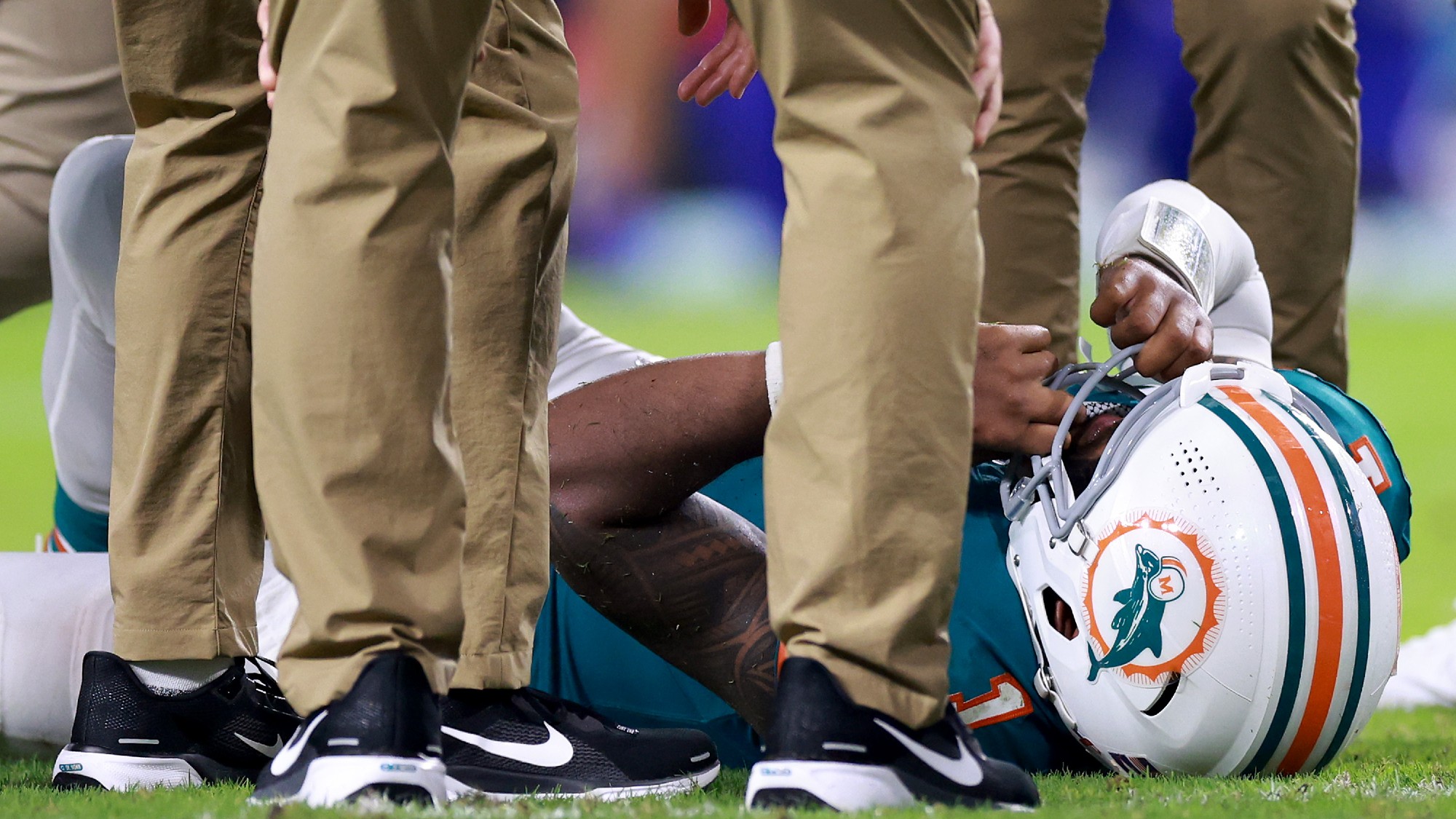
A free daily email with the biggest news stories of the day – and the best features from TheWeek.com
You are now subscribed
Your newsletter sign-up was successful
One concussion is bad. Two are worse. Three? There might be a problem. That's the dilemma faced by Tua Tagovailoa, the Miami Dolphins quarterback, who suffered a concussion — at least his third in the NFL — this month in a nationally televised game. Now his football future is in question.
The most recent concussion "has prompted a dramatic response by fans and former players" urging Tagovailoa to retire, said NPR. "It's not worth it," said Antonio Pierce, coach of the Las Vegas Raiders. "If that was my son, I'd be like, 'it might be time,'" said Tony Gonzalez, the Hall of Fame former tight end. That's because concussions and lower-level blows to the head are "key factors" in the development of chronic traumatic encephalopathy, a condition known to cause "early dementia and death" among retired players.
The NFL has worked in recent years to lower the risk of concussions, but it faces a big challenge: The game is all about hitting. "My opinion is the sport is specifically designed for these sorts of things to happen," John 'Jabo' Burrow, a former college football lineman, said to The Guardian.
The Week
Escape your echo chamber. Get the facts behind the news, plus analysis from multiple perspectives.

Sign up for The Week's Free Newsletters
From our morning news briefing to a weekly Good News Newsletter, get the best of The Week delivered directly to your inbox.
From our morning news briefing to a weekly Good News Newsletter, get the best of The Week delivered directly to your inbox.
What did the commentators say?
The reaction to Tagovailoa's latest head injury "shows the NFL has come a long way," Rob Maaddi said for The Associated Press. There is no more telling a player to "suck it up" when they're hit so hard they see stars. Instead, most observers are focusing on "Tagovailoa's long-term health." The league created "concussion protocols" in 2011, and two years later agreed to a billion-dollar settlement with former players who had suffered debilitating head injuries. Now, for Tagovailoa, "everyone agrees his health is the main priority." That's a good thing. "It's a different era for player safety in the NFL," Maaddi said.
"Tagovailoa has become something of a poster child for football's concussion problem," Yasmin Tayag said in The Atlantic. In addition to his three NFL concussions, he also suffered one during a college game, a pattern that caused him to consider retirement in 2022. "It's unclear what risks he faces by playing again," Tayag said. But there is "no question" that repeated concussions can take a toll.
The challenge? The effects of a concussion — or repeated concussions — are "deeply individual" and depend on a player's own history and biology. Which means players like Tagovailoa are put in the position of "weighing their career against the rest of their life."
What next?
Concussions are very much on the minds of other players in the NFL. Some have started wearing "Guardian Caps" during games, said The New York Times. The caps add a "layer of foam to the outside of the helmet" — a sort of cushioning pillow — in hopes of "reducing brain injuries." This is the first year the league has allowed the caps to be worn during games, and several players are doing so. But even the Guardian Cap makers say no device can eliminate the risk of head injuries. "Football," said Guardian founder Erin Hanson, "is a dangerous collision sport,"
A free daily email with the biggest news stories of the day – and the best features from TheWeek.com
It will be some time — if ever — before Tagovailoa returns to the field. The Dolphins placed their quarterback on injured reserve, said NFL.com, meaning it will be at least four games before he is eligible to play. That gives him "ample time" to meet with neurologists and decide his future.
Joel Mathis is a writer with 30 years of newspaper and online journalism experience. His work also regularly appears in National Geographic and The Kansas City Star. His awards include best online commentary at the Online News Association and (twice) at the City and Regional Magazine Association.
-
 The ‘ravenous’ demand for Cornish minerals
The ‘ravenous’ demand for Cornish mineralsUnder the Radar Growing need for critical minerals to power tech has intensified ‘appetite’ for lithium, which could be a ‘huge boon’ for local economy
-
 Why are election experts taking Trump’s midterm threats seriously?
Why are election experts taking Trump’s midterm threats seriously?IN THE SPOTLIGHT As the president muses about polling place deployments and a centralized electoral system aimed at one-party control, lawmakers are taking this administration at its word
-
 ‘Restaurateurs have become millionaires’
‘Restaurateurs have become millionaires’Instant Opinion Opinion, comment and editorials of the day
-
 The 9 best steroid-free players who should be in the Baseball Hall of Fame
The 9 best steroid-free players who should be in the Baseball Hall of Famein depth These athletes’ exploits were both real and spectacular
-
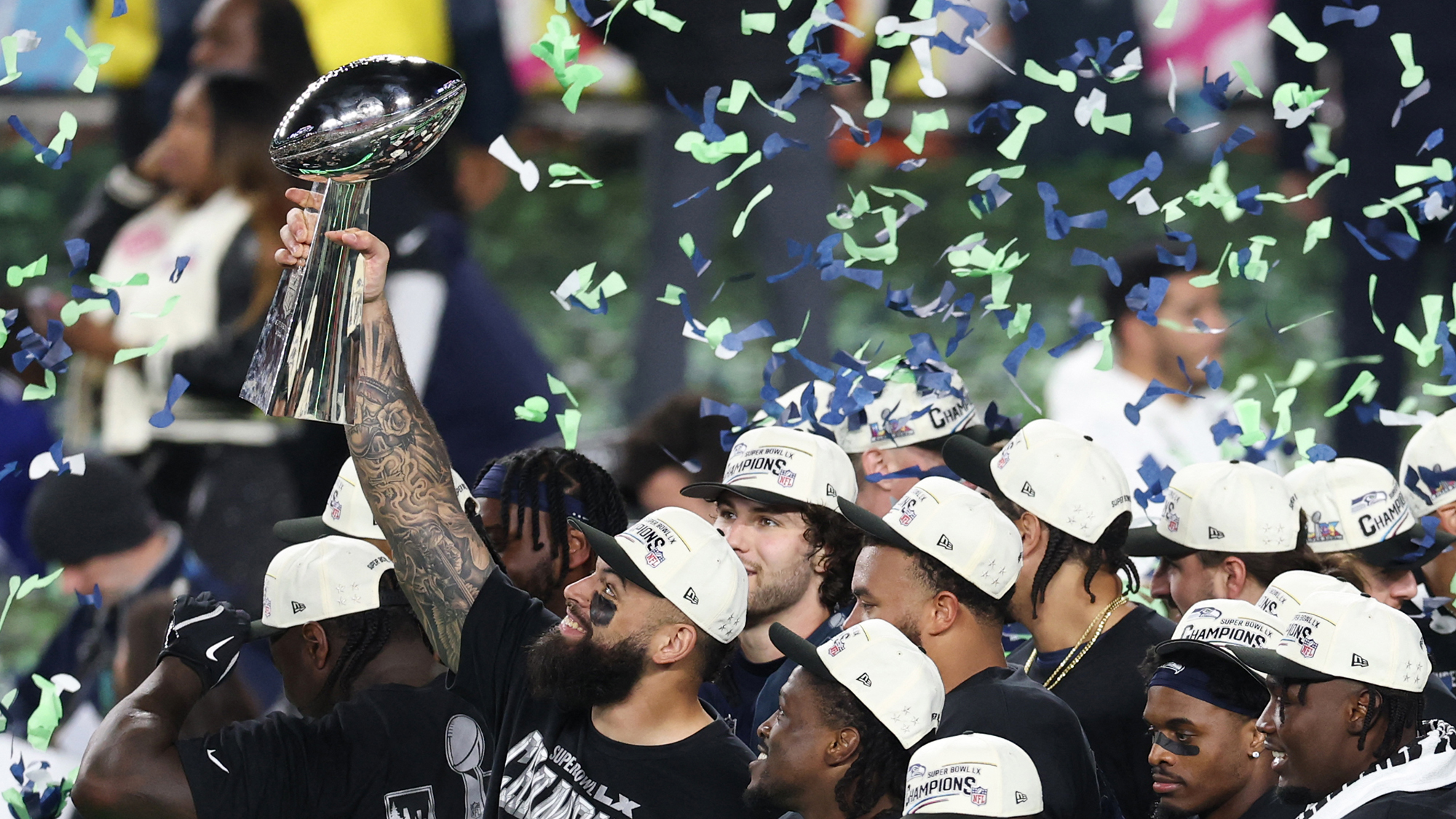 Seahawks trounce Patriots in Super Bowl LX
Seahawks trounce Patriots in Super Bowl LXSpeed Read The Seattle Seahawks won their second Super Bowl against the New England Patriots
-
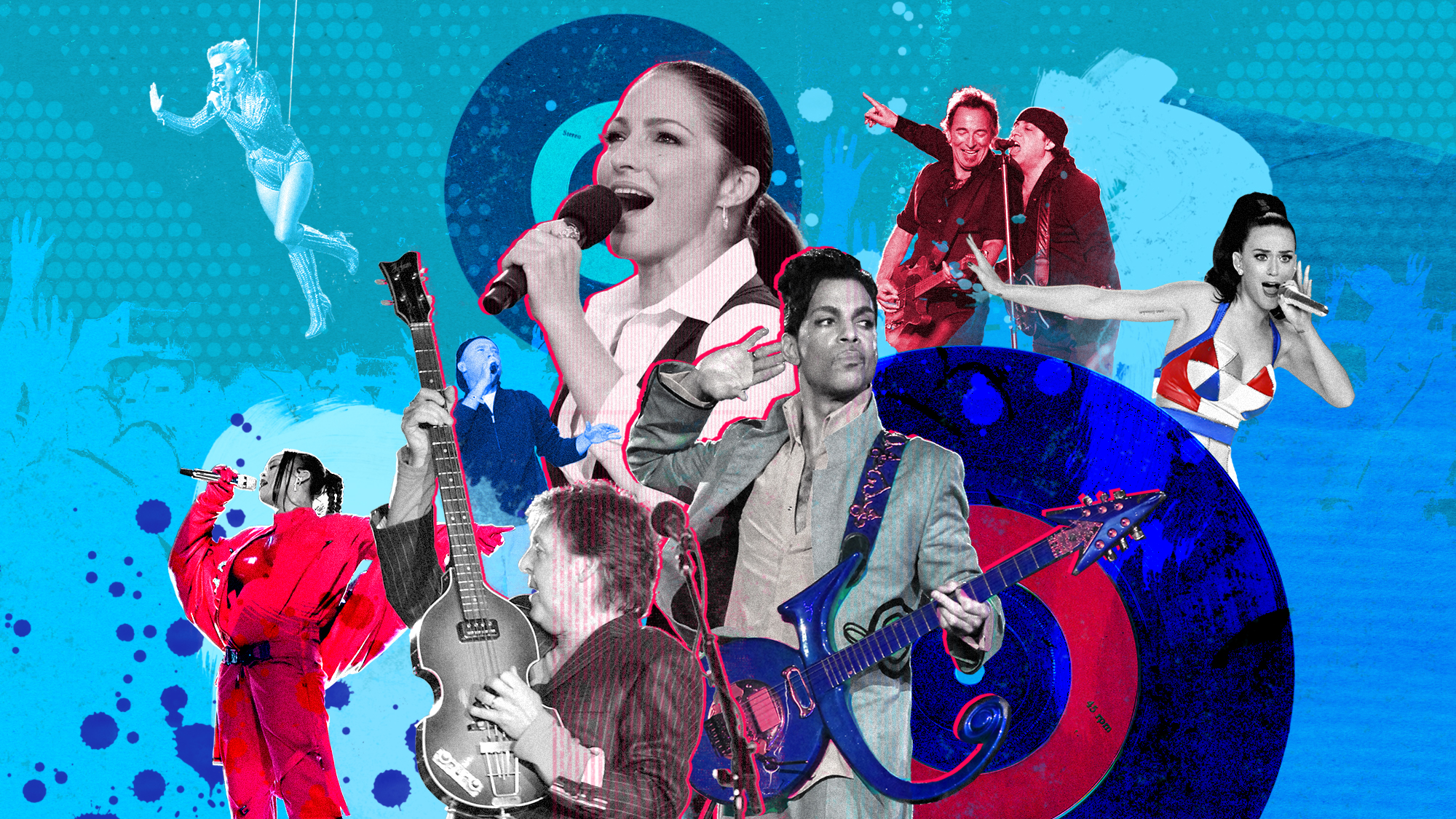 History-making moments of Super Bowl halftime shows past
History-making moments of Super Bowl halftime shows pastin depth From Prince to Gloria Estefan, the shows have been filled with memorable events
-
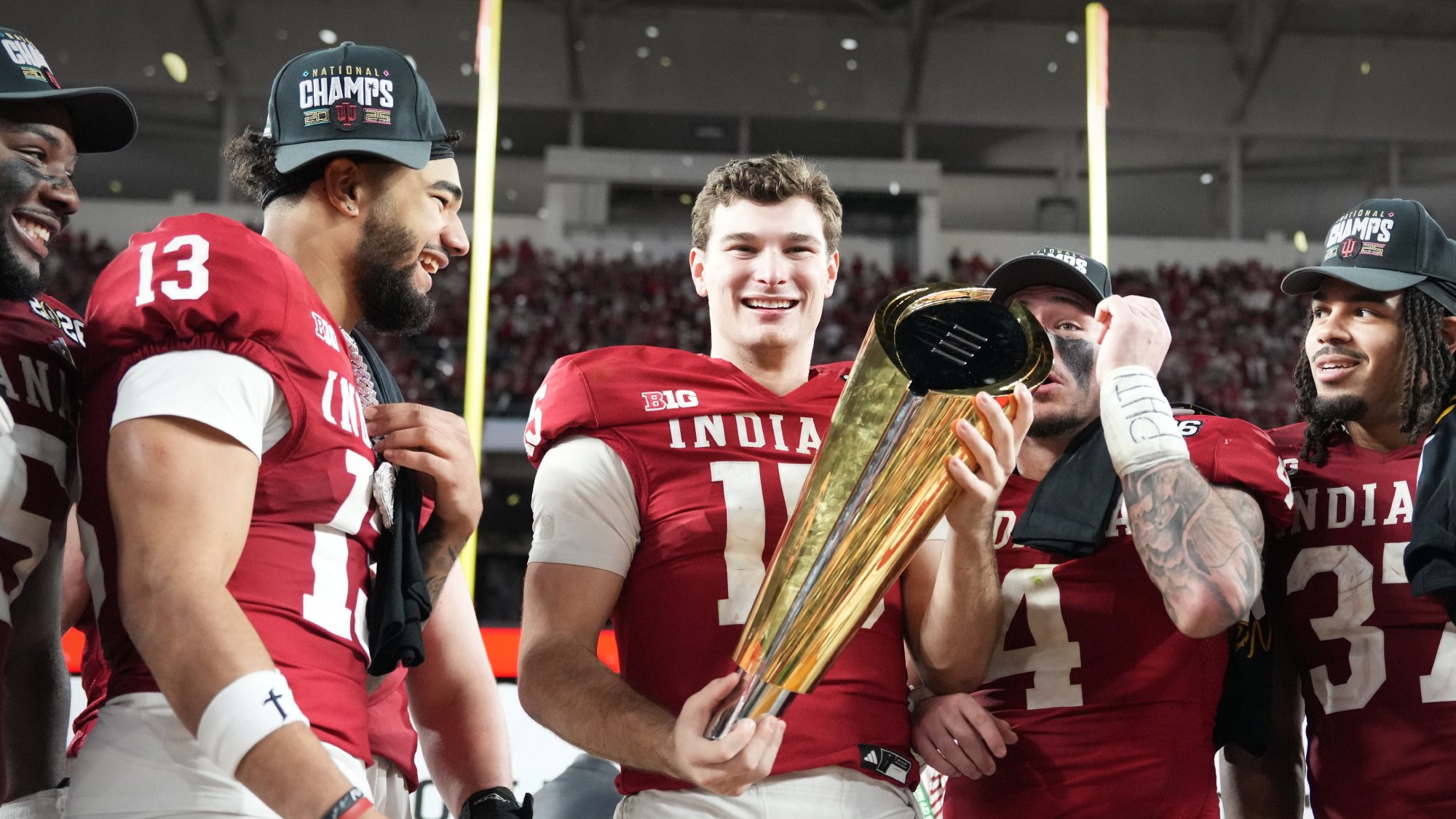 Indiana beats Miami for college football title
Indiana beats Miami for college football titleSpeed Read The victory completed Indiana’s unbeaten season
-
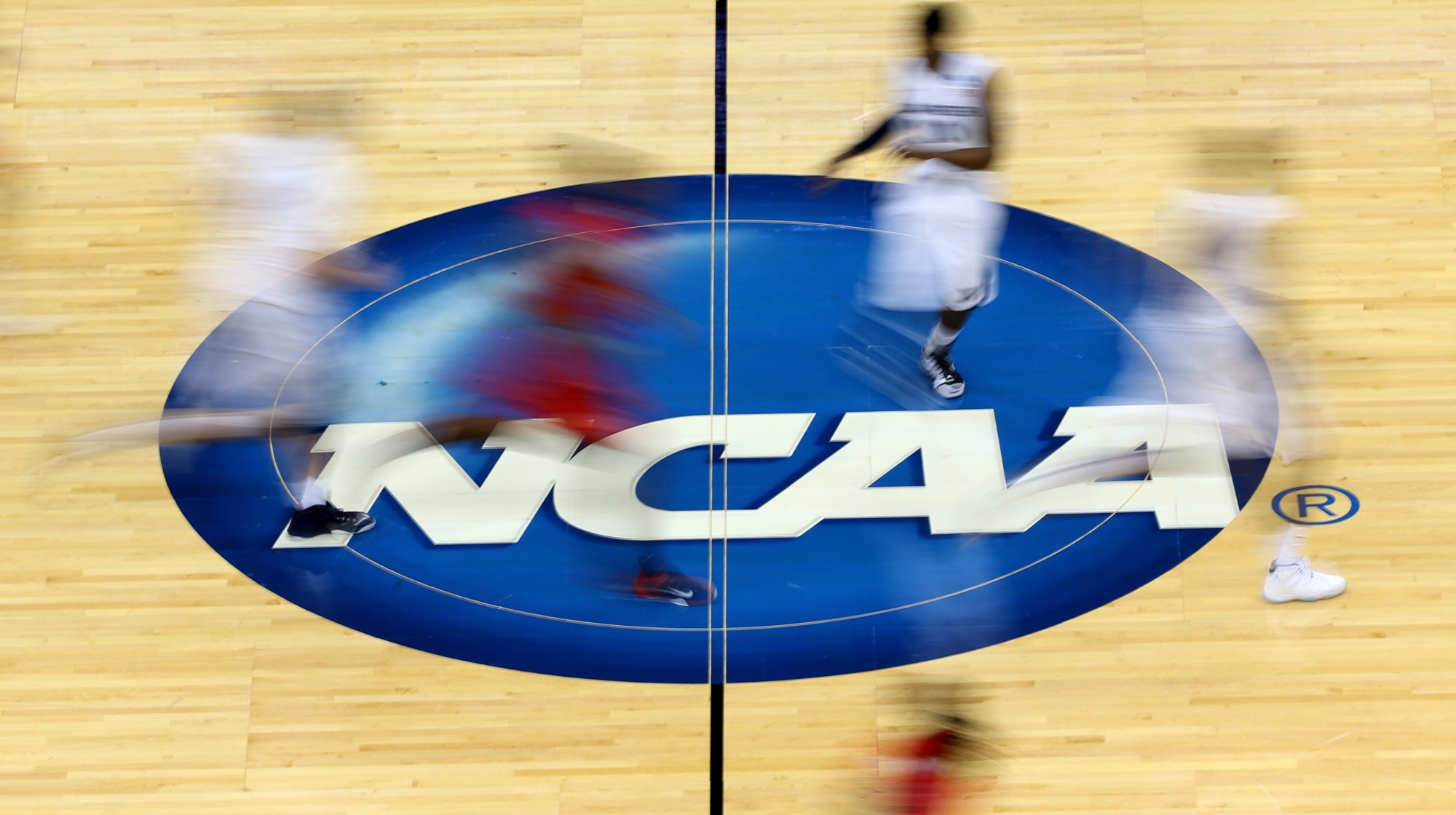 Dozens charged in NCAA game-rigging case
Dozens charged in NCAA game-rigging caseSpeed Read The schemes allegedly involved fixers who paid $10,000 to $30,000 for each rigged game
-
 The US Olympic figure skating team might be the ‘greatest’ ever
The US Olympic figure skating team might be the ‘greatest’ everIn the Spotlight The team will take to the ice in February
-
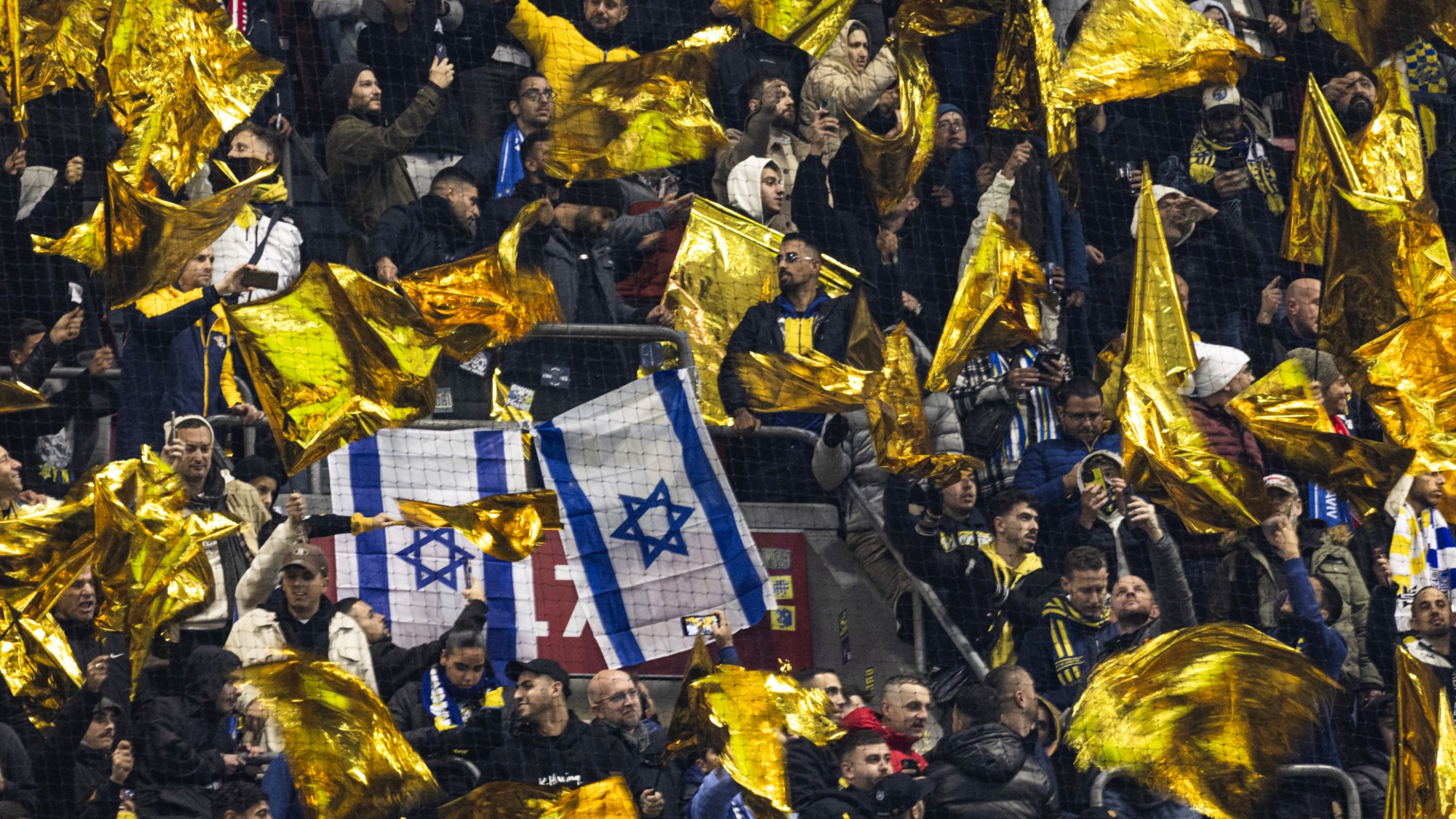 Who is to blame for Maccabi Tel Aviv fan-ban blunder?
Who is to blame for Maccabi Tel Aviv fan-ban blunder?Today’s Big Question MPs call for resignation of West Midlands Police chief constable over ‘dodgy’ justification of ban from Aston Villa match, but role of Birmingham Safety Advisory Group also under scrutiny
-
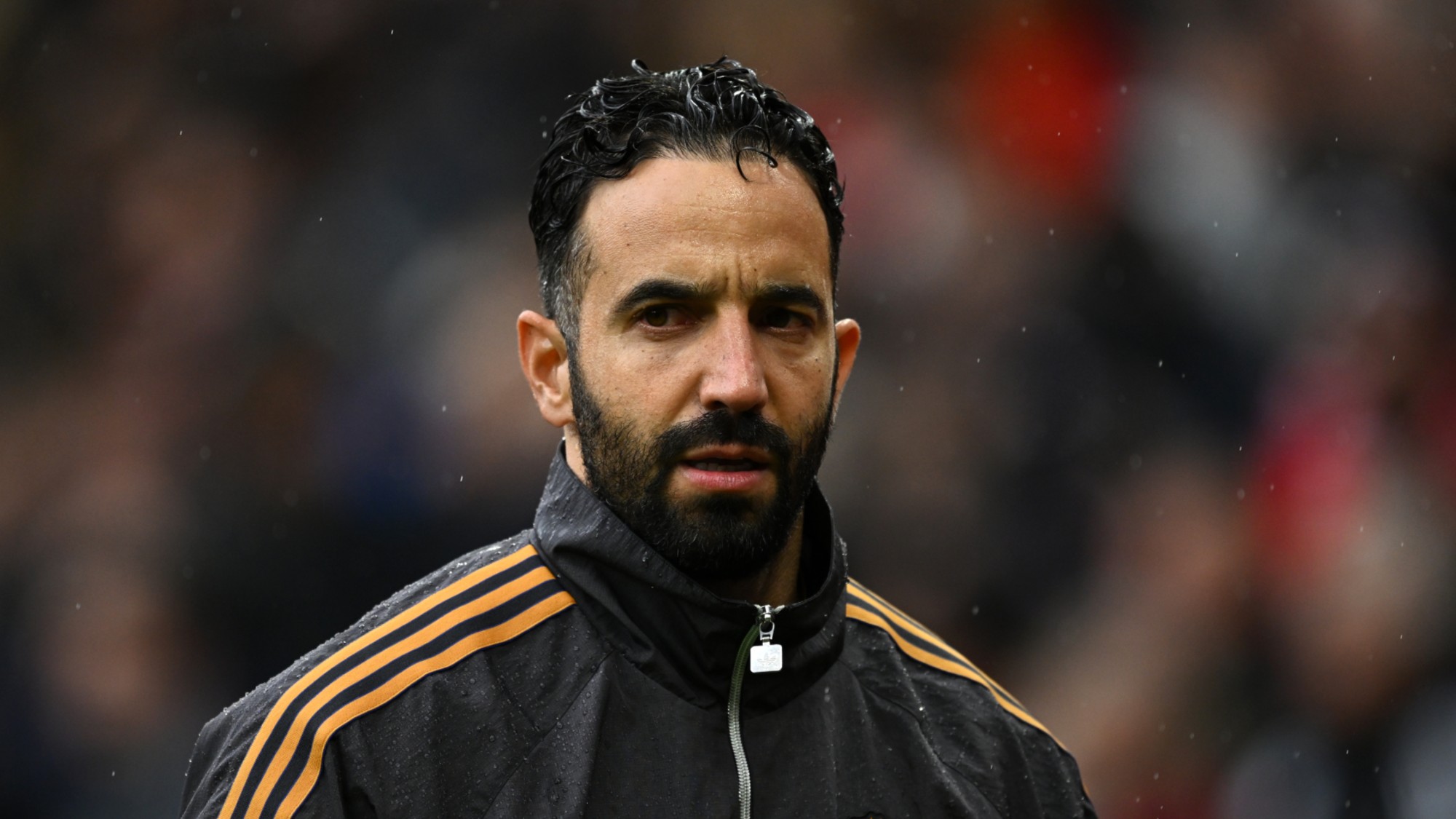 Amorim follows Maresca out of Premier League after ‘awful’ season
Amorim follows Maresca out of Premier League after ‘awful’ seasonIn the Spotlight Manchester United head coach sacked after dismal results and outburst against leadership, echoing comments by Chelsea boss when he quit last week
